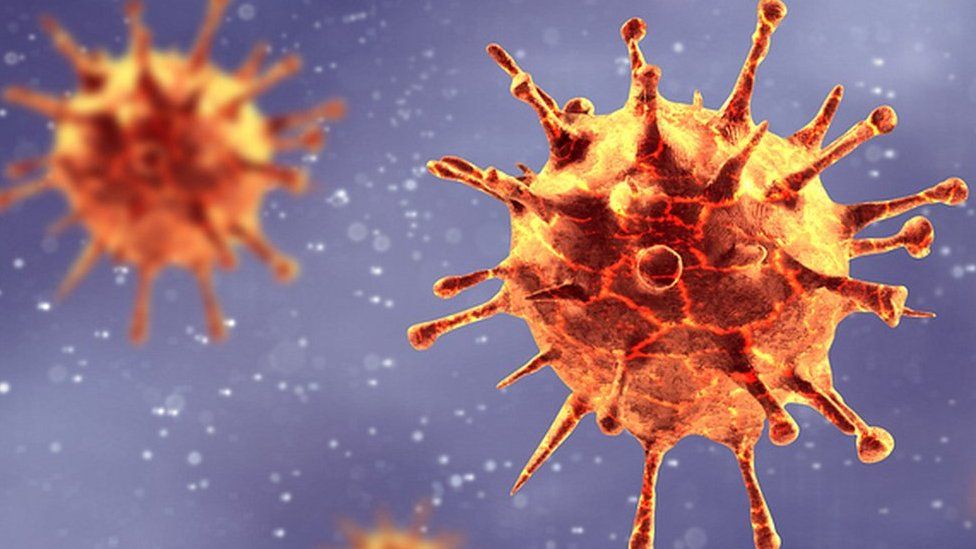(Image source: bbc.com)
Nature doesn't care about our egos, and it doesn't care about money in the bank, or political ideologies. Nature really doesn't care about anything except that which is real. That is to say, that which has come into being, and passed, according to the rules and forces of Physics, Chemistry, and Biology - rules and forces to which, sorry, we are bound by, you know, the Universe.
So, as we take to Twitter - or whichever social media platform is your favourite online space for adding to your anxiety - and get lost in the comments, Nature is going to follow the rules and forces to which she is bound.
The last couple of years were a natural clarion call; a dramatic example of what can happen when we force our way into the wild, and engage in poor animal husbandry. But then, this is not the first time we have heard such a call . . .
Back in 2003, the SARS outbreak was identified as having originated in animals. In fact, the majority of emerging infectious diseases originates in domestic or wild animals. One of the lessons learned from the 2003 SARS outbreak was that "animal husbandry and marketing practices seriously affect human health". (SARS - How a Global Pandemic Was Stopped, by WHO).
So, just under twenty years later, with another coronavirus causing fear and social disruption, one might be left scratching their heads as to why we weren't better prepared. And, according to the writing on the wall, this is not going to be the last time a pandemic will disrupt our lives. Which makes the keenness of "getting back to normal" confusing. Well, not entirely confusing - commercial, corporate, and political ideology are usually at the root of it.
The behaviour and movements of species on this planet are changing with the climate (National Geographic - Half of All Species on the Move, April 2017), which means that species are going to be meeting each other that may not have done so before. This, in turn, allows for greater opportunity of zoonotic transmission of diseases, and greater risk of future pandemics.
In this article from Nature (28 April 2022), we find projections that model how "climate change could drive more than 15,000 new cases of mammals transmitting viruses to other mammals" because of these increased opportunities for transmission due to climate change. One way or another, it seems, normal is going to be something quite new.
It doesn't matter which side of whatever debate you are on when it comes to this latest coronavirus, or its consequences and government handling of the crisis - all of us would rather not have to endure them. So, if not for the planet and the natural world itself, we need to consider the consequences of our behaviours, and how we interact with the natural world and the species that live there.
None want for anyone to live in constant fear and anxiety. But Nature doesn't care how much we rant and rave on Facebook; we are, none of us, bigger than the laws of Nature and the Universe. So, we can accept what we are seeing and evolve to meet the challenges, to consider our impact on the planet and how we are infringing upon wild places, or we can exist in denial and, perhaps, in another twenty years, if not sooner, we'll be crippled by another virus.
If not for the natural world itself, then surely in the name of our own interests we can change our ways . . .
Before you go, can I please ask you to consider supporting this blog with a coffee from ko-fi.com.
I resist ad space here, hoping to generate conversation, rather than clicks and sales, and being able to write without consideration for commercial and corporate sponsors means that I can share information and opinion influenced only by research.
If you can, please do leave a small donation through ko-fi.com, where you will also find links to other of my writing. However, if you are unable to donate, you can also support this blog with a like, a share, and a subscription.
Thank you for reading!
*As well as the articles referred to in the above piece, I also consulted Dr Hammond's Covid Casebook by Dr Phil Hammons, Private Eye, in the research for this post.




No comments:
Post a Comment